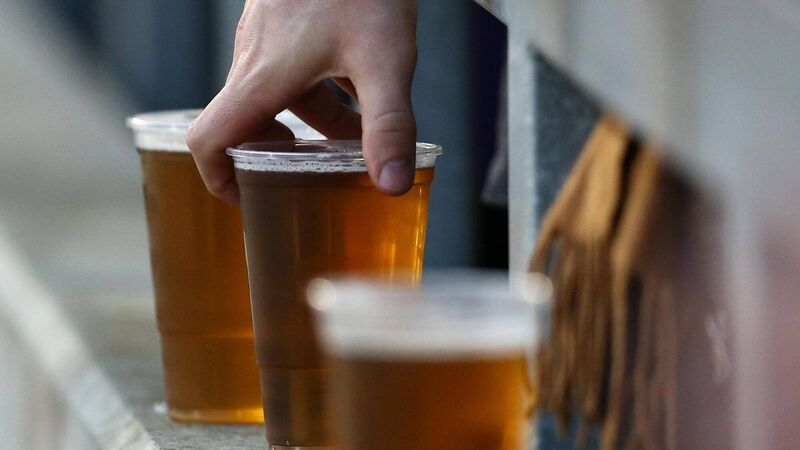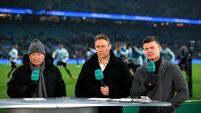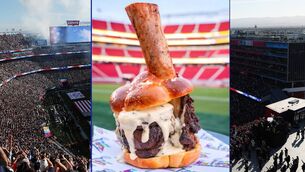The Pitch: Three million reasons why stadium booze ban won’t wash

The thre Autumn Internationals and three Six Nations matches at the Aviva Stadium will have seen in excess of €2m being paid out for pints alone. Picture: Jan Kruger/Getty Images
A ban on alcohol at the Aviva Stadium for rugby internationals – even during the 80 minutes of play – would cost the IRFU and its venue operators millions of euro in lost revenue.
A call in recent days to ban bar service during games – to keep punters in their seats – no matter how well-articulated, does not consider the commercial or revenue implications of such a blanket move.









